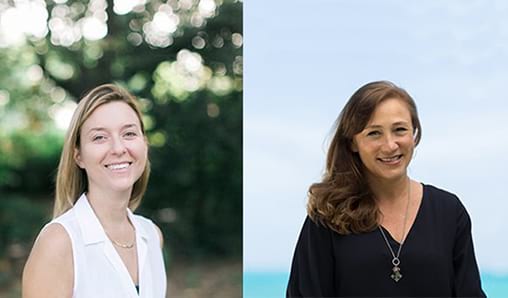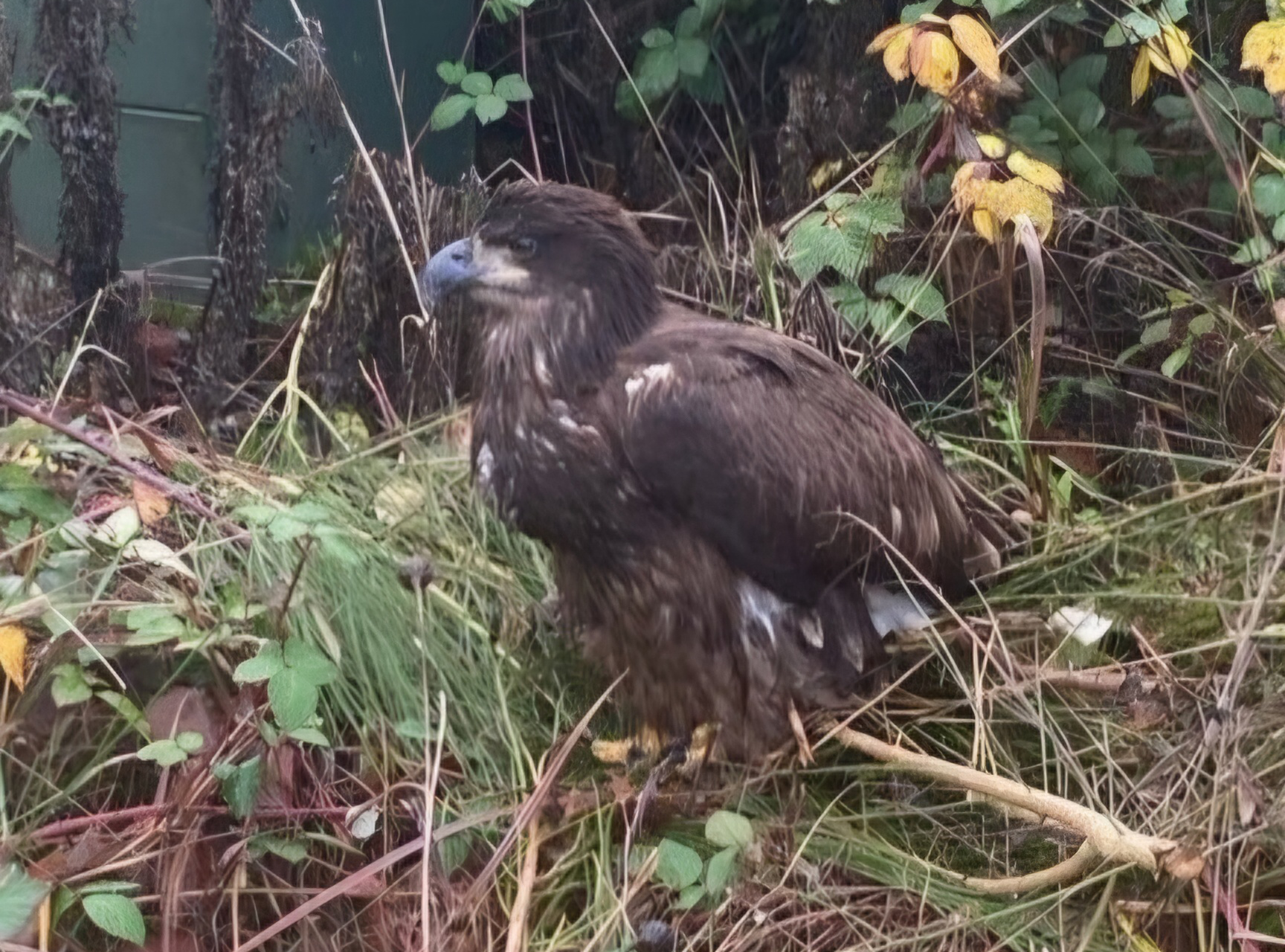
Jody Kaulukukui didn’t know when she applied to an online certificate program at Michigan State University that the program would eventually reconnect her with Weyerhaeuser.
Years ago, she worked at our former box-making plant in Honolulu. Today, she’s one of two Michigan State University scholars who received an annual Fellowship from our Giving Fund.
Jody was leading climate strategy initiatives for the Nature Conservancy in Hawaii when she applied to MSU’s online Forest Carbon and Climate Program. She wanted to gain a deeper knowledge of forest carbon-related topics, especially inventory accounting and verification methodologies.
The graduate certificate offered by MSU’s Department of Forestry promised to do just that.
SUPPORTING THOUGHT LEADERSHIP
Weyerhaeuser’s Giving Fund supports the MSU program based on its unique and groundbreaking curricula. While other schools focus on carbon and climate or public policy and forests, the MSU program does both.
“When we created the Forest Carbon and Climate Program in 2012, our mission was to bring professionals in the public, private and nonprofit sectors together to create a common approach and language for discussing forest carbon and climate change,” says Lauren Cooper, who runs the MSU program.
Lauren administers the Weyerhaeuser Fellowship grant with other MSU faculty and staff. Fellows are selected based on a number of criteria, including their areas of academic interest, professional outlook and financial need.
“In addition to supporting local communities and employee volunteer efforts, our Giving Fund also provides grants to thought leaders and institutions advancing issues that matter to the company and the industry,” says Anne Leyva, manager of people development and giving programs.
THE INAUGURAL FELLOWS: JODY AND ANN
The two inaugural Weyerhaeuser fellows, Jody and Ann Howard, fit that bill.
Jody hopes her studies will help her better understand market opportunities related to forest projects designed to offset carbon emissions.
“Hawaiian forests are expected to do the heavy lifting to support the state’s long-term climate change goal to be carbon neutral by 2045,” says Jody, who recently moved from the Nature Conservancy to the Arizona State University Foundation, where she manages its Hawaii-based environmental initiatives.
“There are so many different methods for measuring and analyzing carbon offset projects,” Jody says. “The MSU program really gets into the weeds of how to show a project is making a net contribution.”
Ann Howard, the other Weyerhaeuser Fellow, is director of environmental accreditation programs at the American National Standards Institute in Washington, DC.
“One of the things I hope to gain through the program is a broader perspective of the challenges the private sector faces up and down the supply chain in gathering data, developing competencies and reporting meaningful results,” Ann says.
Ann is especially interested in helping find ways for organizations to overcome on-the-ground challenges in implementing carbon offset projects that are sold as credits on various market exchanges around the world.
A CHALLENGE WE CAN RELATE TO
The challenge of measuring, monitoring and reporting carbon impacts is one that Weyerhaeuser relates to. The beneficial role of forests in helping mitigate climate change is a relatively new field of study.
“It’s a complex topic that has just come to the forefront in the past 20 years,” says Ara Erickson, our director of corporate sustainability. “Unfortunately, there’s a void in consistent, reliable information, and policy decisions in this area are often made based on emotion rather than facts.”
To help bridge this knowledge gap, the Weyerhaeuser Giving Fund also provided MSU with additional funding to develop online curricula that:
- Fosters an interdisciplinary understanding of current and upcoming forest carbon policy and strategy.
- Explores the science of forest carbon management.
- Examines the role of working forests in climate change mitigation.
“The facts are on the side of forests, including working forests,” Ara says. “Our support of organizations like MSU and its scholars helps ensure policy decisions are rational, appropriate and based on sound economic and scientific principles.”
The Weyerhaeuser Giving Fund supports the Forest Carbon and Climate Program at MSU’s Department of Forestry through grants for scholars and curricula development. The program’s mission is to “increase understanding and implementation of climate-smart forest management, which inextricably links climate change mitigation and adaptation.” This also encompasses developing and nurturing balanced perspectives that include working forests and forest products as a part of the solution to climate change.


